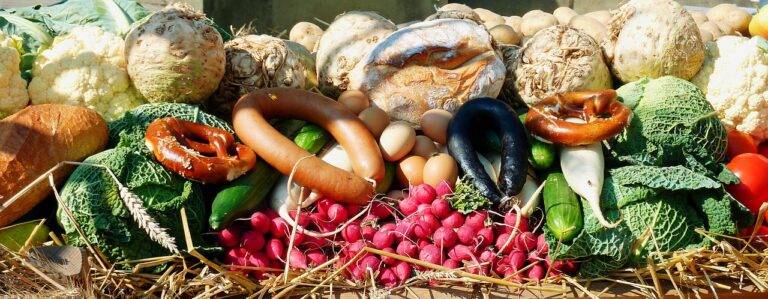Analyzing the Impact of Meat Processing on Resilient Food Systems: Bet book 250.com, 11xplay online, Yolo 247 login
bet book 250.com, 11xplay online, yolo 247 login: Analyzing the Impact of Meat Processing on Resilient Food Systems
In recent years, there has been a growing concern about the impact of meat processing on resilient food systems. With the rise of industrial agriculture and the increase in demand for meat products, the way in which meat is processed has come under scrutiny. This article will delve into the various aspects of meat processing and its effect on our food systems.
The Process of Meat Processing
Meat processing involves a series of steps that transform animal carcasses into the meat products we find in grocery stores and restaurants. These steps include slaughter, dressing, cutting, packaging, and distribution. While these processes have become more efficient and streamlined over time, concerns have been raised about the environmental and social implications of large-scale meat processing.
Environmental Impact
One of the main concerns regarding meat processing is its environmental impact. The meat industry is a significant contributor to greenhouse gas emissions, deforestation, and water pollution. The large-scale production of meat requires massive amounts of land, water, and energy, leading to environmental degradation and climate change.
Additionally, the waste generated by meat processing facilities can pollute waterways and harm ecosystems. The use of antibiotics and hormones in meat production can also have negative effects on human health and the environment.
Social Implications
Meat processing facilities are often located in rural areas, where they can have a significant impact on local communities. These facilities can create jobs and stimulate economic growth, but they can also lead to social problems such as low wages, poor working conditions, and community displacement.
Furthermore, the concentrated nature of meat processing facilities can lead to issues of food sovereignty and food security. Large meat processors have significant control over the supply chain, which can impact local food systems and limit access to healthy, sustainable food options.
The Rise of Alternative Meat Processing Methods
In response to these concerns, there has been a growing interest in alternative meat processing methods. Plant-based meats, lab-grown meats, and other alternative protein sources offer a more sustainable and ethical approach to meat production.
Plant-based meats, such as burgers made from pea protein or tofu, are becoming increasingly popular as consumers seek out environmentally friendly and cruelty-free options. Lab-grown meats, which are produced from animal cells in a laboratory setting, offer a way to reduce the environmental impact of meat production and address concerns about animal welfare.
These alternative meat processing methods have the potential to revolutionize the way we produce and consume meat, creating a more resilient and sustainable food system for the future.
The Importance of Resilient Food Systems
Resilient food systems are essential for ensuring food security, promoting sustainability, and mitigating the effects of climate change. By analyzing the impact of meat processing on our food systems, we can work towards building a more resilient and sustainable food system for future generations.
Through sustainable practices, community-based agriculture, and the adoption of alternative meat processing methods, we can reduce the environmental and social impact of meat production and create a more resilient food system that benefits both people and the planet.
In conclusion, the impact of meat processing on resilient food systems is a complex and multifaceted issue. By understanding the environmental, social, and economic implications of meat processing, we can work towards building a more sustainable and resilient food system for the future. Let’s continue to explore alternative meat processing methods and support sustainable practices that promote a healthier, more ethical food system for all.
FAQs
Q: What are some examples of alternative meat processing methods?
A: Some examples of alternative meat processing methods include plant-based meats, lab-grown meats, and insect-based proteins.
Q: How can consumers support resilient food systems?
A: Consumers can support resilient food systems by choosing sustainable and ethically sourced meat products, advocating for local food systems, and reducing food waste.
Q: What are the benefits of resilient food systems?
A: Resilient food systems promote food security, sustainability, and community resilience, and help to mitigate the effects of climate change and environmental degradation.







